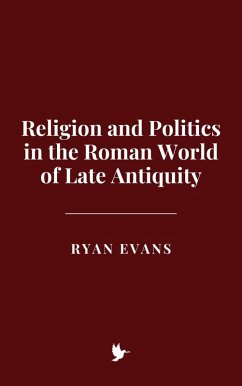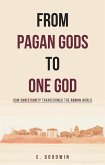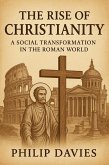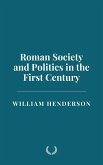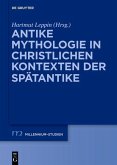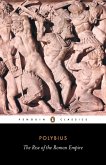Late Antiquity, spanning roughly from the third to the seventh century CE, marks one of the most transformative periods in the history of the Roman world. It was an era defined by profound shifts in political structures, religious affiliations, cultural identities, and philosophical thought. The interplay between religion and politics in this period was not merely incidental; rather, it was a fundamental force that reshaped the very fabric of the empire and its successor states. From the Crisis of the Third Century to the rise of Islam, the late Roman world witnessed the gradual but decisive Christianization of the imperial system, the fragmentation of the Western Roman Empire, the emergence of new power structures in Europe and the Mediterranean, and the formulation of religious doctrines that would shape medieval and modern political thought. The complexity of this transformation demands an approach that considers not only historical events but also the philosophical and theological debates, the power struggles between emperors and bishops, the role of heresies and councils, and the broader societal changes that accompanied the shift from a pagan to a Christian empire.
Dieser Download kann aus rechtlichen Gründen nur mit Rechnungsadresse in A, B, CY, CZ, D, DK, EW, E, FIN, F, GR, H, IRL, I, LT, L, LR, M, NL, PL, P, R, S, SLO, SK ausgeliefert werden.
Hinweis: Dieser Artikel kann nur an eine deutsche Lieferadresse ausgeliefert werden.

